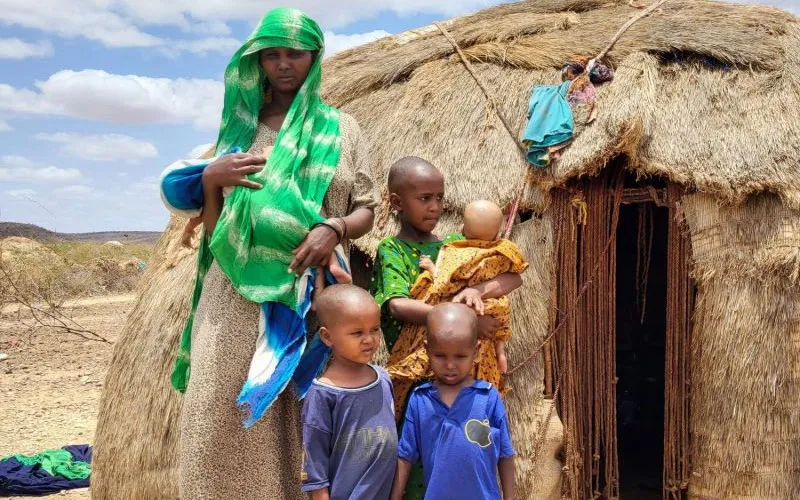In the September 15 report, the native of the capital city of Ireland, Dublin, who was appointed the CEO of Trócaire in October 2018 after having served the Catholic entity for 21 years warns of famine in Somalia having “already crossed the threshold”.
She makes reference to the United Nations (UN) and says, “From what I witnessed last week famine has already crossed the threshold in Somalia and is devastating communities in many parts of the country.”
She adds in reference to the UN Under-Secretary-General for Humanitarian Affairs and Emergency Relief Coordinator, Martin Griffiths, “Famine is only declared when a very high threshold of malnutrition and deaths from hunger has been reached and Mr. Griffiths predicted that famine will occur in parts of Somalia between October and December.”
“The drought has led to the forced displacement of 800,000 people. An estimated 1.5 million children under the age of five will experience acute malnutrition by October. That is the equivalent of every child and young person under the age of 25 in Ireland,” Trócaire CEO whose first role in the Irish Catholic entity was Campaigns Officer says.
She adds that the number of people displaced by drought last year alone has increased to approximately 260,000 and all of them find their way to “towns in Gedo including Dollow and Luuq out of a desperate need to find food for their families.”
Due to this rising number of displaced people, Ms. de Barra says that “the supply of therapeutic food for severely malnourished children is rapidly running out” and that “the numbers of children who need to be admitted to hospital is increasing.”
“Early interventions that involve provision of food to children before they become acutely malnourished, and to their families, and approaches that build long term resilience, are needed on a massive scale,” she says.
In an effort to address the highlighted challenges, she says that “Trócaire is implementing an integrated programme that combines early identification of vulnerable people with strategies for building their eventual resilience.”
In the camps for displaced persons, she says in the September 15 report, “community health workers are constantly at work, meeting new arrivals, identifying their health and nutrition needs in order to easily attend to them.”
The constant availability of community health workers also enables them to provide “immediate treatment where possible and to also guide new arrivals to the health facilities or where needed to the protection services that are available to survivors of Gender Based Violence,” Ms. de Barra further says.








